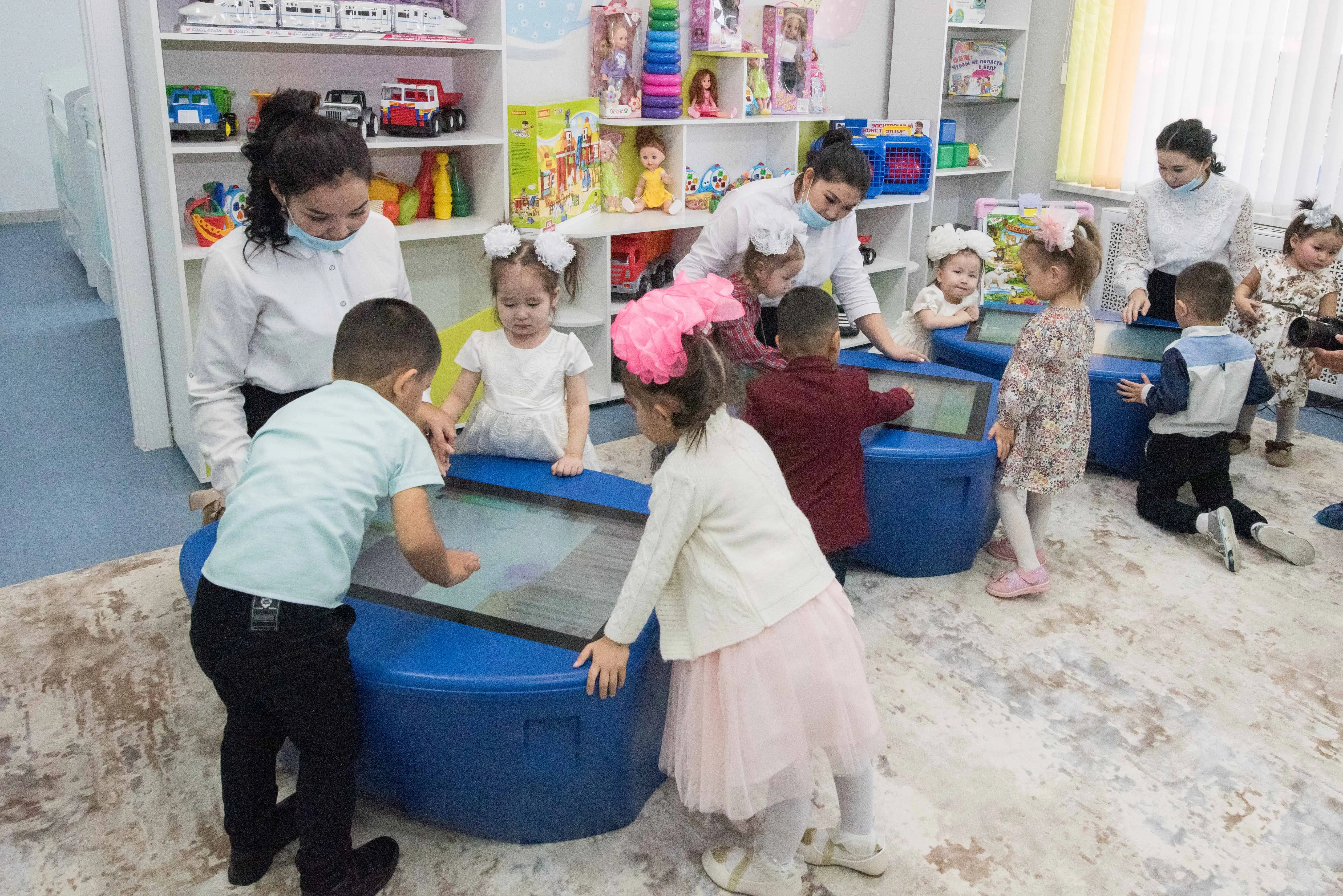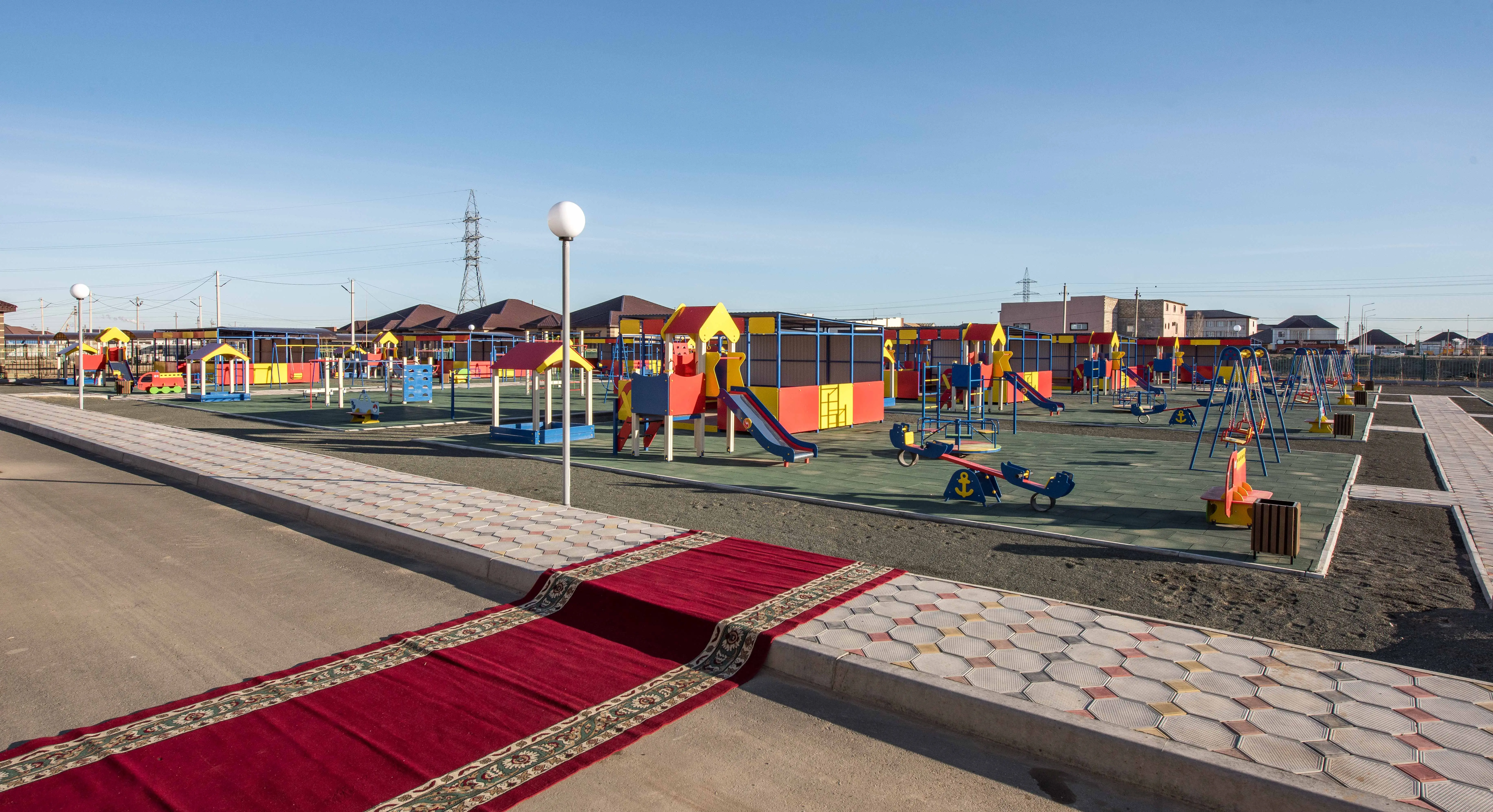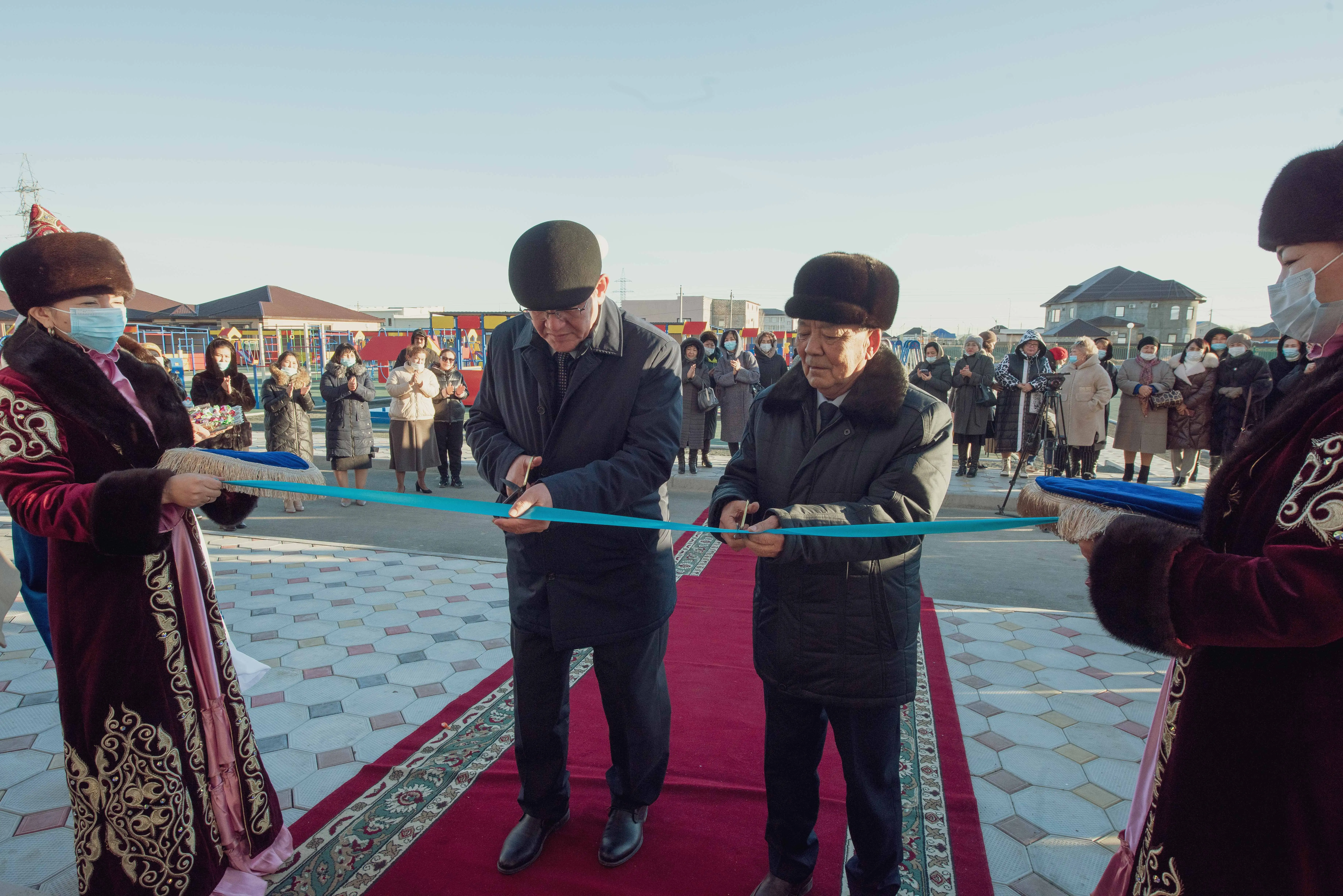
A new kindergarten for 280 places has been built within the framework of Tengizchevroil LLP (TCO) “Egilik”voluntary social infrastructure program in Rakusha village near Atyrau. This is the 15th kindergarten, and the 32nd educational facility built by the company in Atyrau Oblast since 1999.
Akim of Atyrau city Kairat Orazbayev participated in the kindergarten opening ceremony. In his congratulatory speech, Akim stressed the importance of creating the best conditions for children, including the construction of new facilities for the younger generation and the prosperous future of the country: “Today, on the eve of the 30th anniversary of our country's independence, we are going to launch another educational facility in our city. It is a great joy for families living in the area. I sincerely congratulate you on such a joyful event and wish the new kindergarten staff a success!”

The new Kindergarten in Rakusha village is designed for 280 children in the age of 3 to 7 years old. The building with an area of 2,785 sq.m. has everything needed for children's successful development and health, including 14 group playing fields with shades, gym, and area for studying traffic rules, in addition, the building has a cross-functional hall for gymnastics and music lessons, a hall for physical education, as well as a multipurpose club room.
TCO’s General Manager for Policy, Government and Public Affairs Rzabek Artygaliyev noted: “Tengizchevroil mainly focuses on the improvement of the quality and availability of education. TCO supports professional orientation projects, as well as initiatives on developing youth soft skills in order to develop each child and adolescent abilities. This year, TCO is supporting the Sezual project, which helps blind visually impaired children to learn reading braille in Kazakh, English and Russian using a unique simulator. Another example is the Kabdolov Foundation, which stimulates and motivates audiences to learn Kazakh language through social media”.
TCO annually invests $25 million into the construction of schools, kindergartens, healthcare infrastructure, public spaces and other social facilities as part of the Egilik Voluntary Social Infrastructure Development Program. In addition, $2 million is spent annually on social projects that create long-term opportunities to stimulate economic development, ensure the availability and quality of education and health care.
